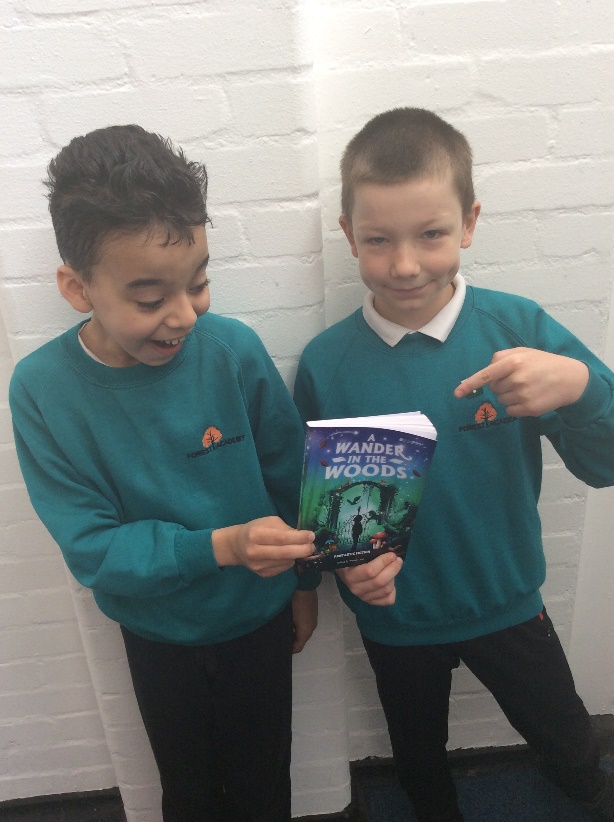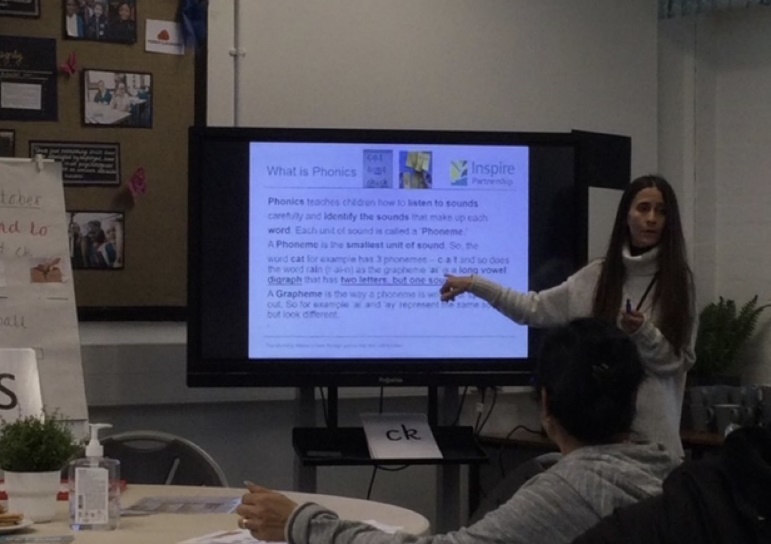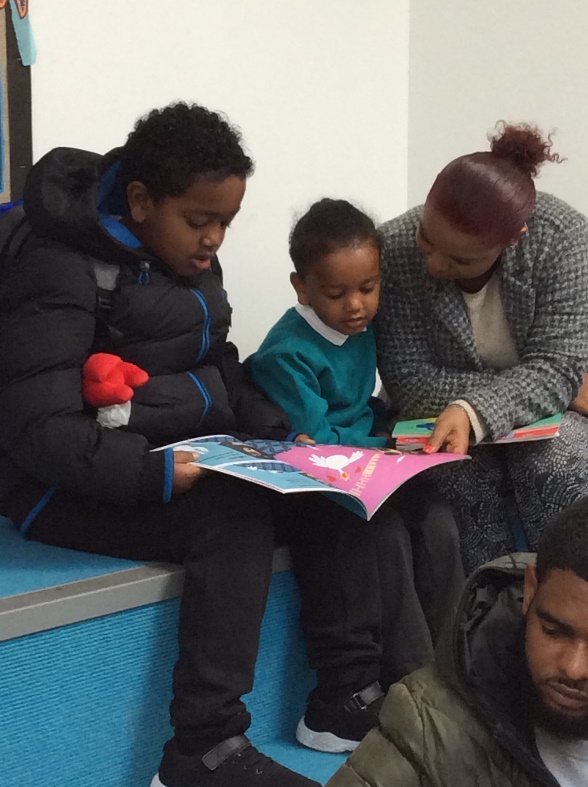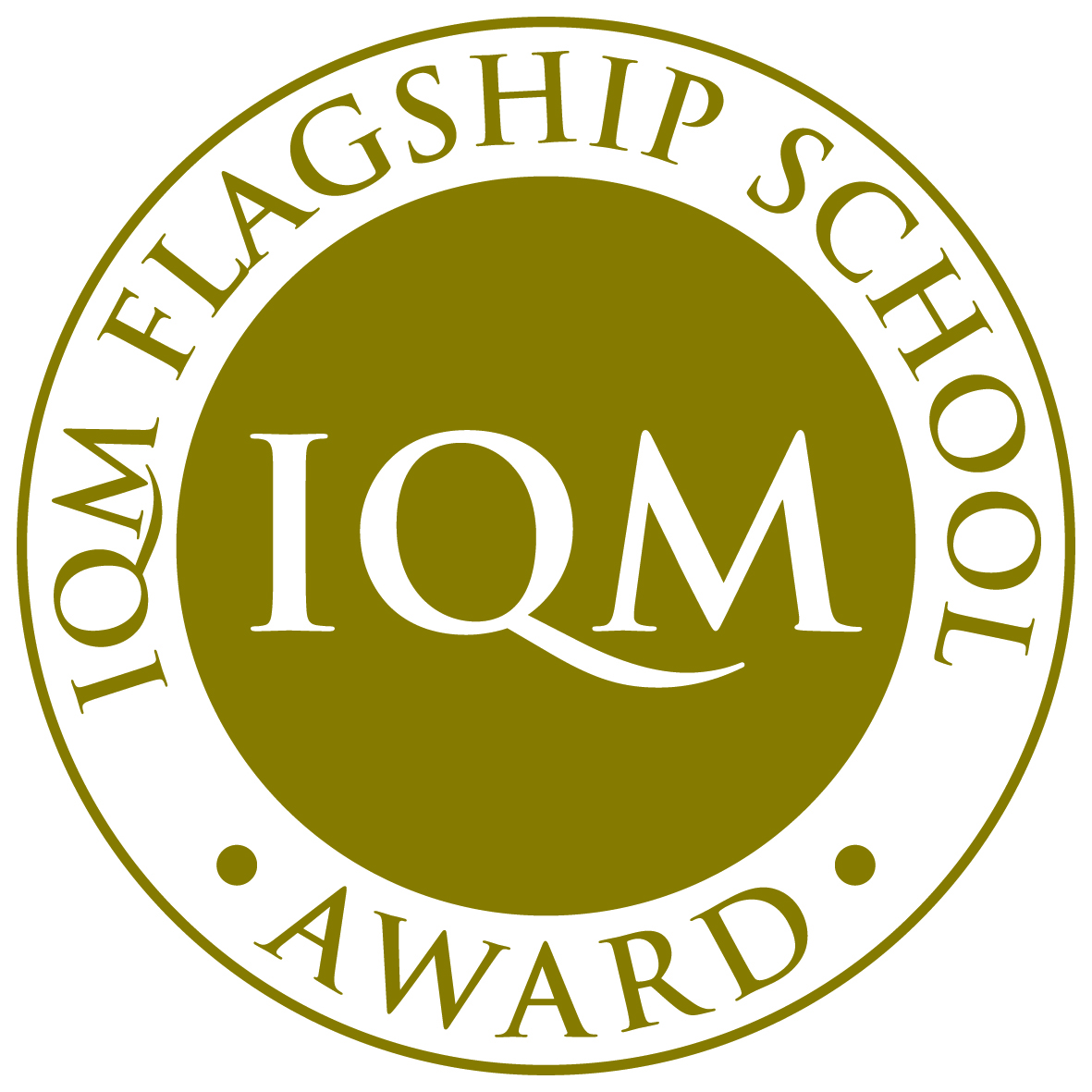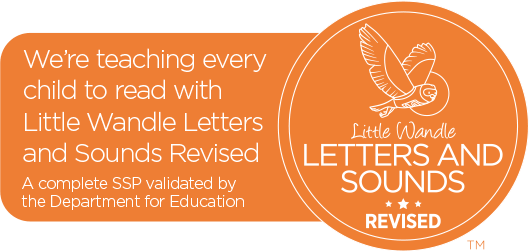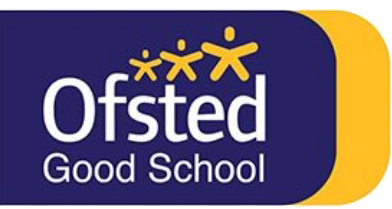Phonics and Reading
Reading at Forest Academy
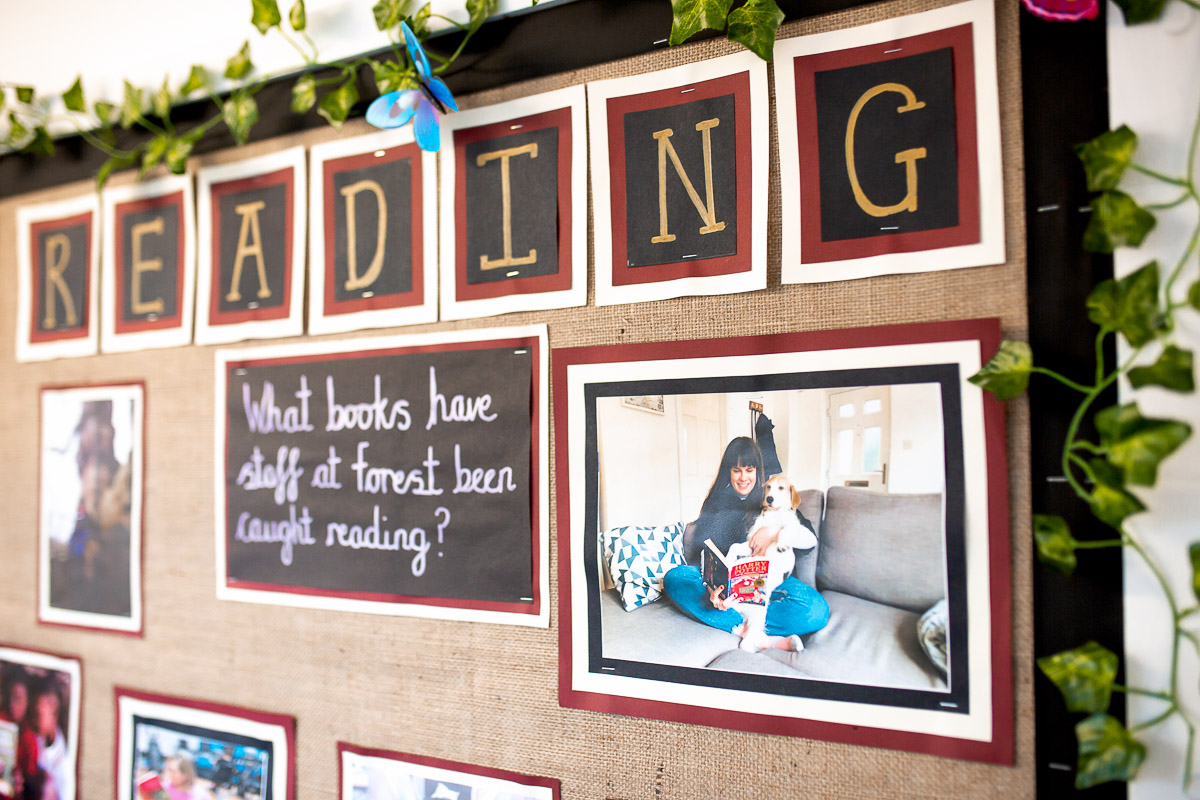
At Forest Academy we believe that reading is a life-long skill that underpins success across all aspects of the curriculum. We don’t just teach children to read, we create life-long learners. Children leave our school able to discuss with confidence a range of books and enjoy regularly reading for pleasure.
Our readers are equipped with the tools to tackle unfamiliar vocabulary and material. They are able to recommend books to their peers and enjoy reading a wide range of genres, including non-fiction. Children enjoy participating in book talk, including evaluating an author’s use of language and how this can affect the reader. We ensure the books we read as part of our reading curriculum and in our books corners build on children’s cultural capital and reflect the diversity of our children's lived experiences.
Fluency, comprehension and pleasure are the core values in our approach to developing successful readers.
Early Reading & Phonics
How we teach reading
- Reading is taught in tandem with phonics. After a phonics input children across Reception, Y1 & Y2 apply their phonics knowledge by using a fully matched decodable book.
- These daily sessions are 25 minutes long
- There are approximately 6 children in a group and the teacher reads with one group daily. This is called conferencing.
- Children have extra support where appropriate with a trained adult. The focus is on ‘keep up not catch up’.
- The focus in Reception & KS1 is on reading strategies of fluency, decoding and blending.
- Books selected by the teacher show cumulative progress according to the sounds the child has been taught that half term.
- Books show fidelity to the Big Cat Phonics scheme to avoid a mismatch and muddle of a range of approaches.
- The reading sessions follow the model set out in Little Wandle Letters and Sounds Revised.
- In reception, reading sessions start almost immediately. For children who are not decoding, blending remains a focus.
- Children take home books matched to their ability from the same reading scheme used in class. Children are able to self - select books and can speak well about which books they choose and why.
How we teach phonics
- In Reception and Year 1, children follow the progression within Little Wandle Letters and Sounds Revised programme. Phonics is taught for 25 min every day.
- By the end of Reception, children will have been taught up to the end of Phase 3. If they are ready, children may start Phase 4.
- By the end of Year 1, children will have been taught up to the end of Phase 5.
- In Year 2 - Year 3, phonic lessons are taught daily to children where appropriate – following the model of Little Wandle but plugging specific gaps identified through assessment.
- In Year 2 - Year 6 there are planned catch-up sessions following a set model to address specific gaps. These are taking place at least three times a week, and are often used to target new arrival EAL children.
- All staff including support staff have regular CPD and are confident to deliver a quality first phonics session.
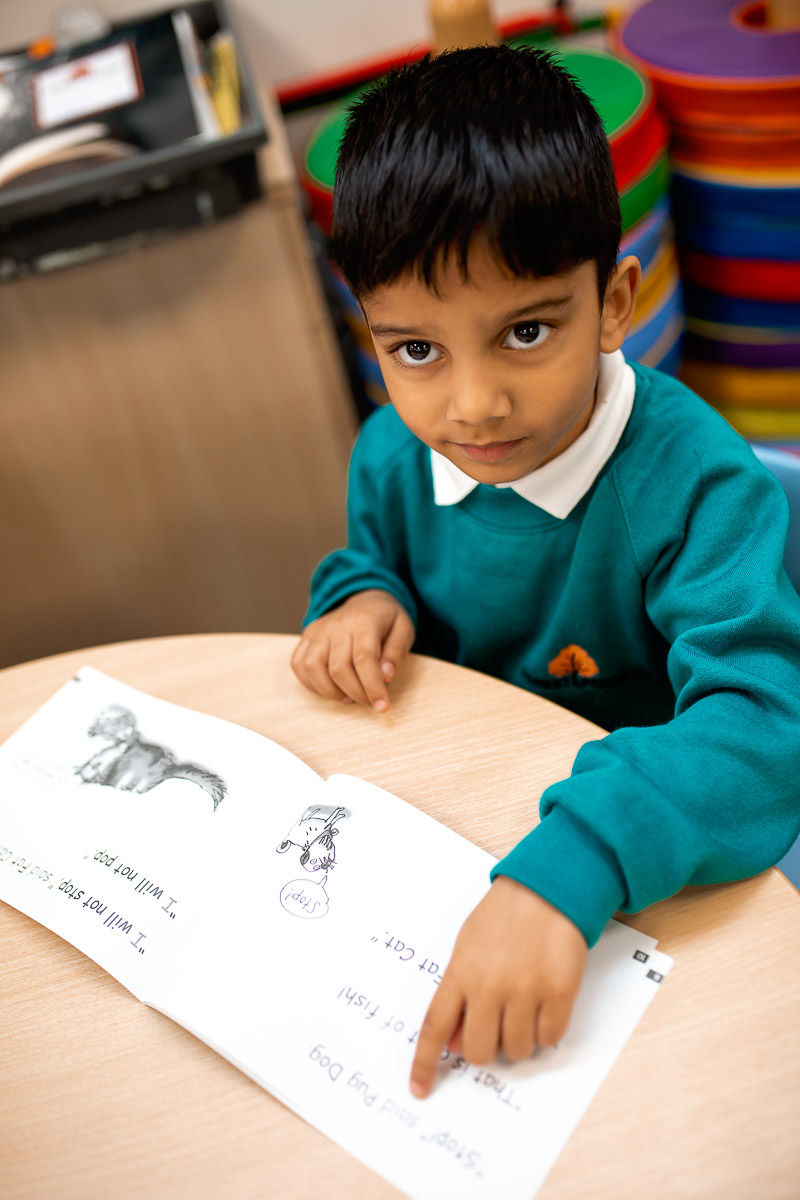
Little Wandle Letters & Sounds Phonics
How we assess phonic knowledge
- In Reception and Year 1, at the end of each week there is a review session which recaps the learning. There are also whole review weeks (pre-planned and bespoke review weeks to address gaps identified by the class teacher’s ongoing formative assessment).
- Children identified in Reception and Year 1 in danger of falling behind are immediately identified and daily ‘keep up’ sessions are put in place – sessions follow the Little Wandle Letters and Sounds Revised programme.
- In Reception and Year 1, the children are assessed at the end of every half term using the Little Wandle Letters and Sounds Revised assessment tracker.
- Children from Reception to Year 2 are monitored by book band level. This is especially helpful for transition to the next class, so rapid progress can continue.
- Children in Year 1 sit the Phonics Screening Check in the summer term.
- Children who do not pass the Phonics Screening Check in Year 1, will re-sit this in Year 2.
- Children who are currently in KS2 who did not leave KS1 at the expected level are monitored by phonics knowledge and reading progress termly.
- Children who are in Year 2 - Year 6 and need ‘catch up’ sessions are assessed through teacher’s ongoing formative assessment as well as half termly summative assessments.
Reading for pleasure at Forest Academy
Every child at Forest Academy will have...·
- Access to a global curriculum based on a core text approach, where topics are taught through high quality books with relatable themes and protagonists that excite and motivate them.
- Dedicated time each day where an adult will read aloud to them from a carefully selected Reading Canon, aimed to build on their cultural capital.
- Daily opportunities to read to an adult and other children in the classroom. These sessions are prioritised to the first lesson of the day.
- Daily opportunities to engage in quality book talk.
- An engaging, clearly labelled, tidy book corner in their classroom with a range of high quality fiction and non-fiction texts.
- A reading passport to record home reading. Children are awarded a certificate in celebration assembly as they pass through each colour before finally becoming a reading ambassador to promote the love of reading across the school.
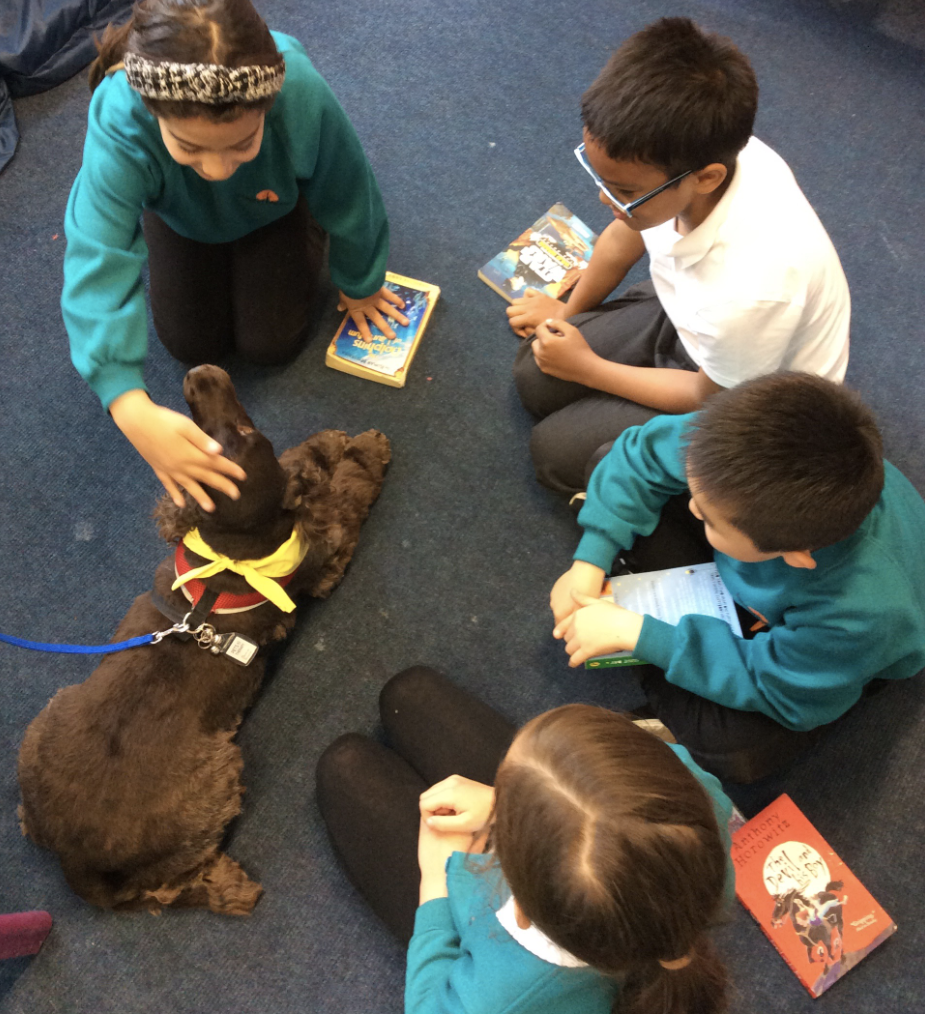
Enrichment
- Participation in World Book Week dress up and enrichment events such as author visits and storytelling
- Regular author/ storyteller visits- every child will access at least one author event per year, in addition to World Book Day
- A book fair every term children are timetabled in for browsing sessions. This is also a family participation event.
- A visit to the local library every term
- Pupil Reading Ambassadors that meet regularly and lead reading initiatives to encourage all children to develop a love of reading for pleasure
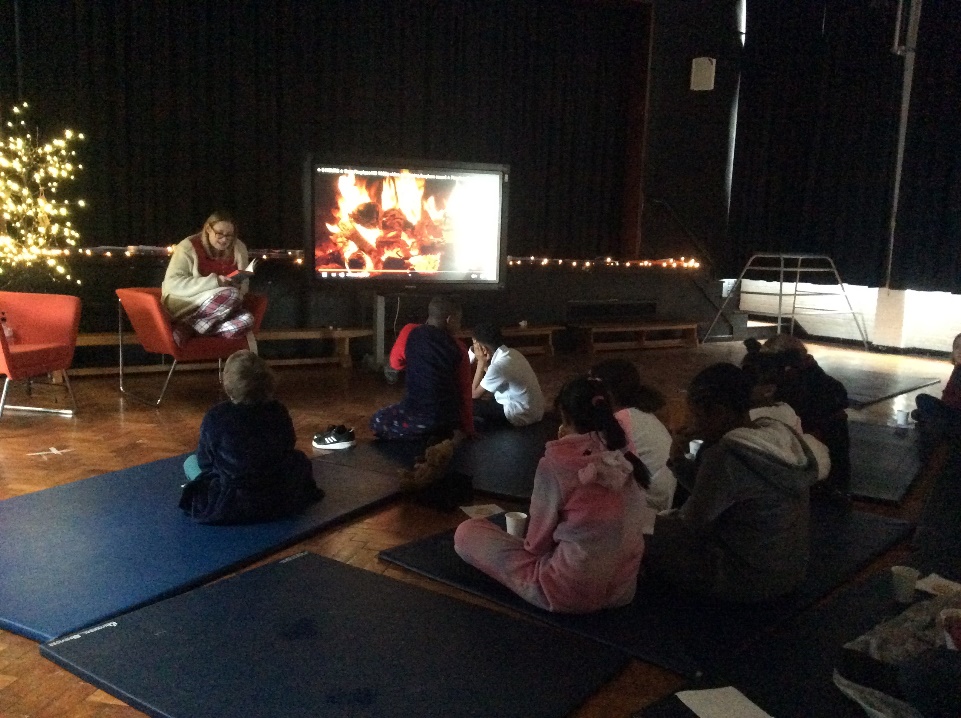
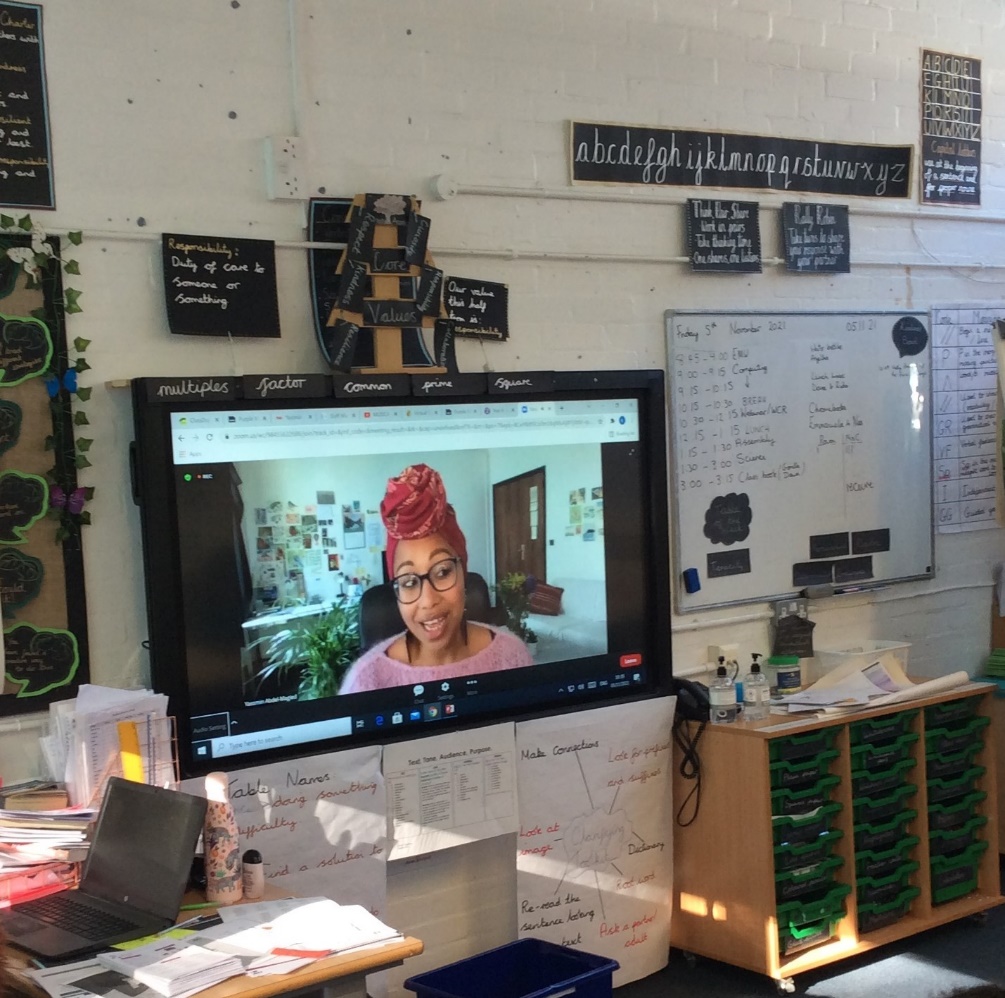
Community
- A termly phonics workshop where parents learn how to support their child with reading at home
- A weekly parent reading morning in EYFS where parents can join their child and share a book together
- Reading certificates to celebrate home reading
- Some children have access to a trained reading volunteer and their therapy dog Pepsi
- Competitions where children have the chance to have their work published in a book
